Search results for '10'
-
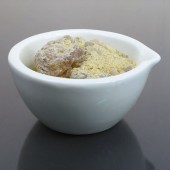
Gum Copal Manila
Starting at: £6.00
-
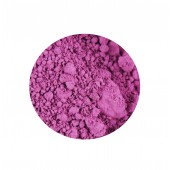
Ultramarine Pink Pigment
Starting at: £8.00
-
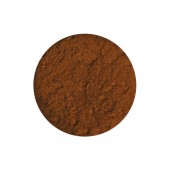
Translucent Yellow Oxide Pigment
Starting at: £7.00
-
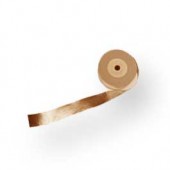
Genuine Gold Rolls
Starting at: £943.20
Call to Order
-
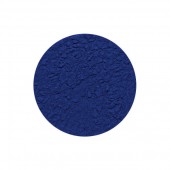
Ultramarine PB29 Pigment
Starting at: £9.10
-
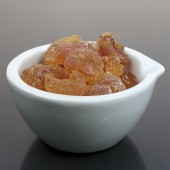
Gum Arabic
Starting at: £6.30
-
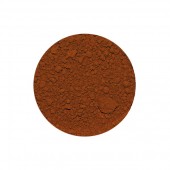
Pozzuoli Red Pigment
Starting at: £5.20
-
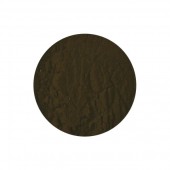
Van Dyke Brown Pigment
Starting at: £4.50
-
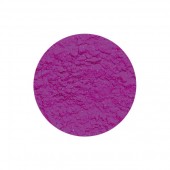
Cobalt Violet Light Pigment
Starting at: £10.00
-
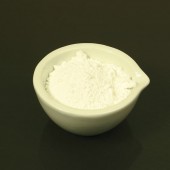
Alumina Hydrate Light
Starting at: £8.30
-
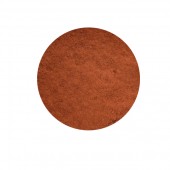
Burnt Green Earth Pigment
Starting at: £8.00
-
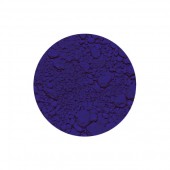
Ultramarine Blue Light Pigment
Starting at: £6.00
-
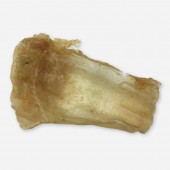
Isinglass
Starting at: £30.10
-
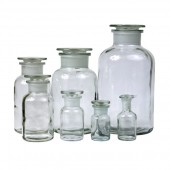
Reagent Jar
Starting at: £6.50
-
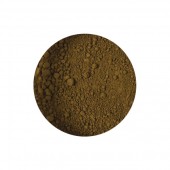
Raw Umber Pigment
Starting at: £4.00
-
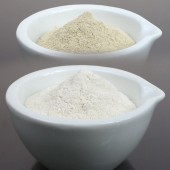
Gum Tragacanth
Starting at: £20.00
Call to Order
-
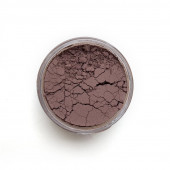
Caput Mortuum Pigment
Starting at: £4.50
-
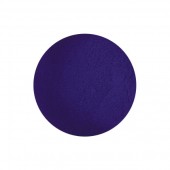
Prussian Blue Pigment
Starting at: £5.20
-
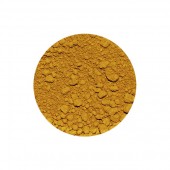
Golden Ochre Pigment
Starting at: £4.50
-
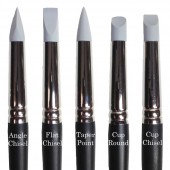
Colour Shapers
Starting at: £7.00
-
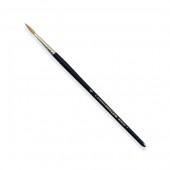
Cornelissen Series 1 Kolinsky Sable Watercolour Brush
Starting at: £11.10
-
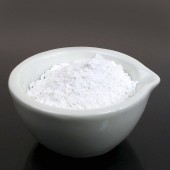
Gesso di Bologna
Starting at: £12.00
-
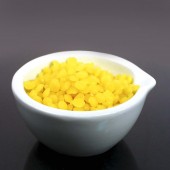
Natural Beeswax
Starting at: £11.20
-
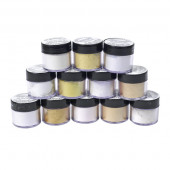
Pearl Lustre Pigments 1 kg
Starting at: £94.00
Call to Order
-
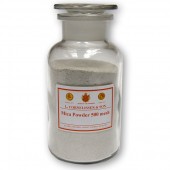
Mica Powders
Starting at: £8.00
-

Dragon's Blood Powder
Starting at: £28.10
-
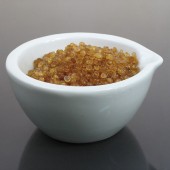
Pearl Glue
Starting at: £6.50
-
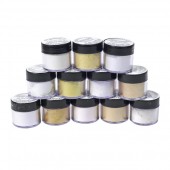
Pearl Lustre Pigments 7g
Starting at: £4.70
-
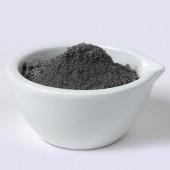
Rottenstone Grey
Starting at: £7.00
-
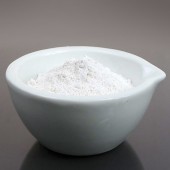
French Chalk
Starting at: £5.50





